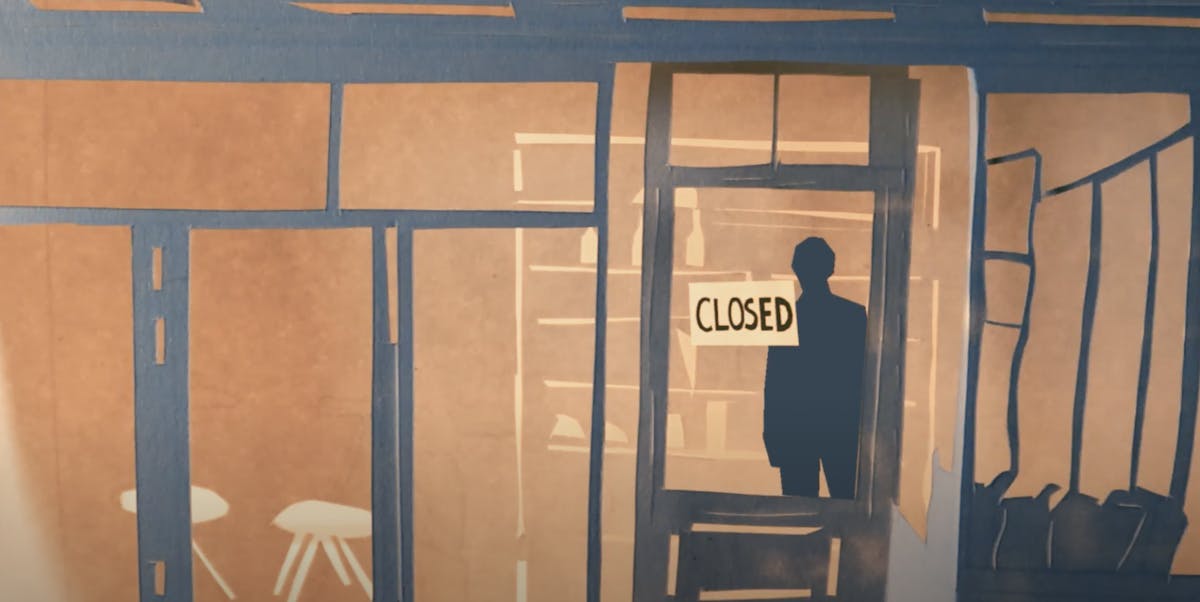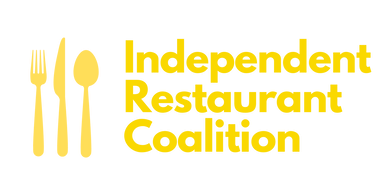February 15 — Independent Restaurants Say Increasing Producer Price Index “Unsustainable” for Industry; Need Relief to Prevent Higher Menu Prices

FOR IMMEDIATE RELEASE
February 15, 2022
CONTACT:
Jeff Solnet
jeff@precisionstrategies.com
Independent Restaurants Say Increasing Producer Price Index “Unsustainable” for Industry; Need Relief to Prevent Higher Menu Prices
Food prices rose 12.8% over the past year; Almost Half of Independent Restaurants Without RRF Grants are On the Verge of Bankruptcy
WASHINGTON D.C. – Today, the Independent Restaurant Coalition (IRC) released the following statement in response to this morning’s Producer Price Index (PPI) report released by the Bureau of Labor Statistics (BLS). Food prices rose 12.8% over the past year including major jumps for ingredients critical to restaurants like beef and veal (43.9%), grains (22%), shortening and cooking oils (36.4%), and eggs (40.9%). The PPI report measures changes in prices received for the industry's output sold outside the industry — meaning for restaurants, it reflects the price difference between the ingredients businesses bring in and the food they sell to customers.
“Rising food prices are simply unsustainable for restaurants and bars that have gone two years with less demand, higher costs, more debt and little relief,” said Erika Polmar, Executive Director of the Independent Restaurant Coalition. “Restaurants cannot endure rising labor and supply costs without raising their menu prices, driving the customers they need away. These businesses have two years of debt and are fending off bankruptcy filings and eviction notices every single day. The nearly 200,000 businesses that applied for a Restaurant Revitalization Fund grant and did not receive it need relief to pay their expenses and keep their menu prices reasonable while food costs are high. The Biden Administration and Congress must replenish the RRF so these businesses are able to keep people working in the months ahead.”
At least 90,000 restaurants and bars have closed since the beginning of the pandemic. Nearly 300,000 restaurants and bars applied for Restaurant Revitalization Fund grants in 2021, but only about one in three applicants received relief. 80% of restaurants that did not receive an RRF grant reported they are on the verge of permanent closure. A January jobs report showed that restaurants are nearly one million jobs below their pre-pandemic levels as businesses struggle to reach their pre-pandemic form:
Unemployment rate for leisure and hospitality is still 8.2%, about double the economy-wide rate, as restaurant and bar employment is still down 984,700 below its pre-pandemic levels.
Since February 2020, employment in leisure and hospitality is down by 1.8 million, or 10.3%.
Growth in leisure and hospitality has stalled in recent months. In January the sector added roughly 151,000 jobs, compared to 163,000 jobs in December and 191,000 jobs in November.
Even though the industry is hurting, it is clear that restaurants and bars have been making an effort to increase wages. Over the past year, leisure and hospitality wages have increased by roughly $58 on a weekly basis, a 13% increase during that period.
Calls to restart the program have grown more urgent in recent weeks. The IRC partnered with Botanist Gin on an ad that aired during the Super Bowl; the second consecutive year the IRC was featured in a Super Bowl ad. Jimmy Kimmel, OpenTable, GrubHub, Toast and mayors from over 27 cities representing 16 million Americans have urged Congressional leadership to continue the vital program, saying not giving restaurants relief would be “catastrophic.” Existing legislation to refill the RRF carries wide bipartisan support. 299 lawmakers in the House of Representatives and 52 members of the Senate have signed onto four pieces of legislation supporting adding money to the RRF (H.R. 3807, H.R. 4568, S. 2091, and S. 2675).
The IRC recently released data collected from a survey of nearly 1,200 members of the independent restaurant and bar community in all 50 states that demonstrates the dire situation the pandemic has created for businesses, especially those that did not receive federal RRF grants:
49% of businesses that did not receive RRF grants were forced to lay off workers because of the Omicron surge compared to 33% of businesses that received RRF grants.
42% of businesses that did not receive RRF grants are in danger of filing for or have filed for bankruptcy, compared to just 20% that received RRF grants.
28% of businesses that did not receive RRF grants have received or are anticipating receiving an eviction notice compared to just 10% that received RRF grants.
Restaurant and bar owners who did not receive an RRF grant are taking on more personal debt. 41% of people that did not receive RRF reported taking out new personal loans to support their businesses since February of 2020. This is only true for 19% of businesses that received an RRF grant.
46% of businesses reported that their operating hours were impacted for more than 10 days in December 2021.
58% of businesses reported that their sales decreased by more than half in December 2021.
Full results of the survey can be found here.
ABOUT THE IRC:
The Independent Restaurant Coalition was formed by chefs and independent restaurant owners across the country who have built a grassroots movement to secure vital protections for the nation’s 500,000 independent restaurants and the more than 11 million restaurant and bar workers impacted by the coronavirus pandemic.
###

